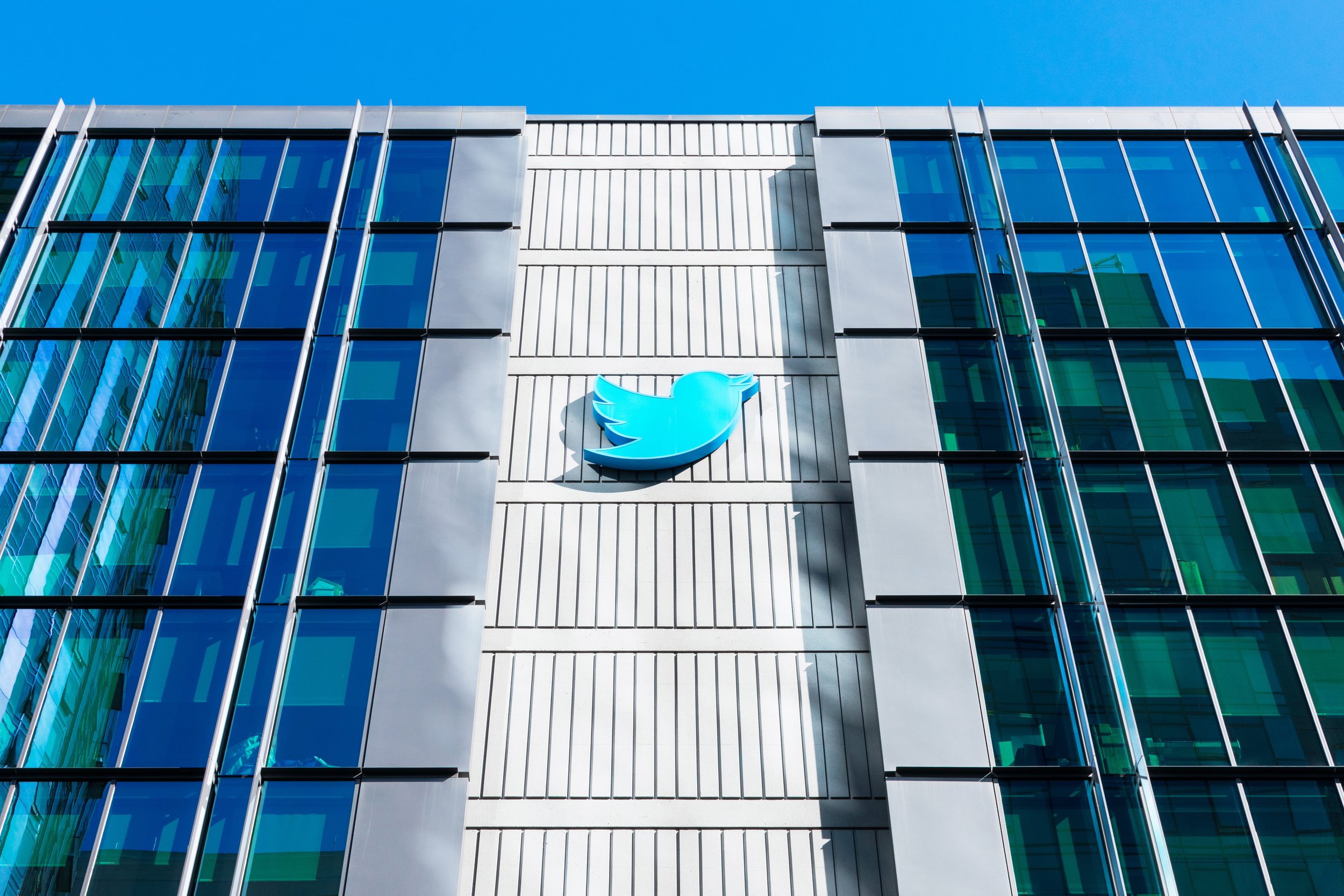The Death of Twitter: Mourning What We Lost
MichaelVi - stock.adobe.com
I’m missing the good old days of Twitter – when it felt wholesome and friendly. It used to be a great way to connect with people across the world. A vibrant community. An exciting replacement for the happy message boards and forums we loved in the early Internet days. Real-time chats with everyone from close friends to total strangers, even the odd celebrity. Then came the introduction of the 'retweet' button in 2009—something its creator once likened to "handing a four-year-old a loaded weapon” in an interview with BuzzFeed. That was when everything changed—and not for the better.
Remember GamerGate? Yeah. That wasn’t pretty. Neither was Twitter’s growing role in global political polarisation. Bullying. Harassment. Cancel culture. The pile-ons. The moral panics. The disinformation muddled with facts. It all became a mess. And then along came Musk. Love him or hate him, X is now a completely different beast. It’s understandable why so many have left in recent years—even though plenty are happy to remain.
I was still there until very recently. But one too many negatives tipped my decision to leave. I suppose I was reluctant to let go of something that had, in many ways, built Creative Boom. I also have so many good memories of Twitter—like when I had a brief chat with actor Omar Sy or convinced Nick Frost to send a supportive tweet to a close pal tackling a nasty illness. Nigella Lawson once congratulated me on my Christmas dinner success. And I brushed shoulders with Ricky Gervais, too.
Ok, so these are celebs, and it all sounds a bit vacuous. But I genuinely enjoyed the camaraderie. Twitter made the world feel smaller and friendlier—like we were all part of one big conversation.
But over time, that sense of community faded. The chaos got louder. The dopamine hits felt cheaper. And with every algorithmic shift or verified badge debacle, the space felt less like a welcoming town square and more like a battleground. Even posting something innocuous felt risky—not because you feared saying the wrong thing, but because it might simply vanish into the void, unseen.
I hung on longer than most. Partly out of habit. Partly because of that faint, irrational hope that it might bounce back. But mostly because of the roots it had in my career. Twitter wasn’t just a fun distraction—it helped build my venture. It connected me with artists, designers, writers, and kindred spirits from all over the world. It gave me insight, conversation, and, often, a much-needed laugh.
But platforms change. And people move on.
I didn’t leave with a dramatic farewell tweet. I just stopped showing up. The party was long over. And truthfully, I didn’t feel like dancing anymore.
I don’t know if anything will ever truly replace what Twitter once was. Maybe it was a product of its time—a strange, fleeting moment when the internet still felt full of possibility. These days, I’m more interested in smaller, quieter spaces. Places that feel kinder and more intentional. I’m focusing on community in a deeper sense now and finding joy in slower, more meaningful connections. Twitter may be gone—at least the version I loved—but the spirit of it, the best parts, might still live on elsewhere. We’ll just have to build it ourselves.
